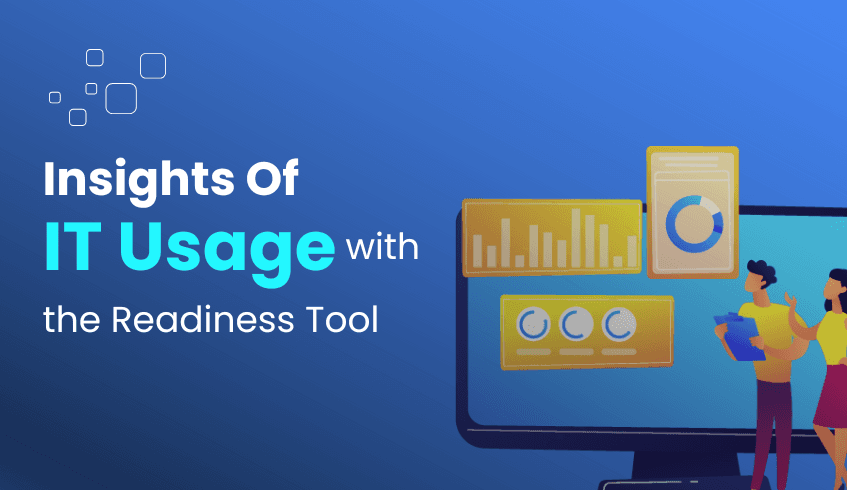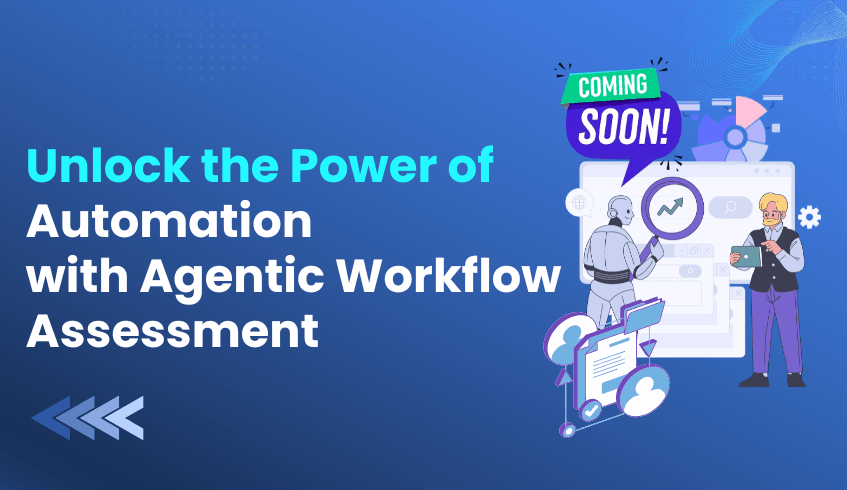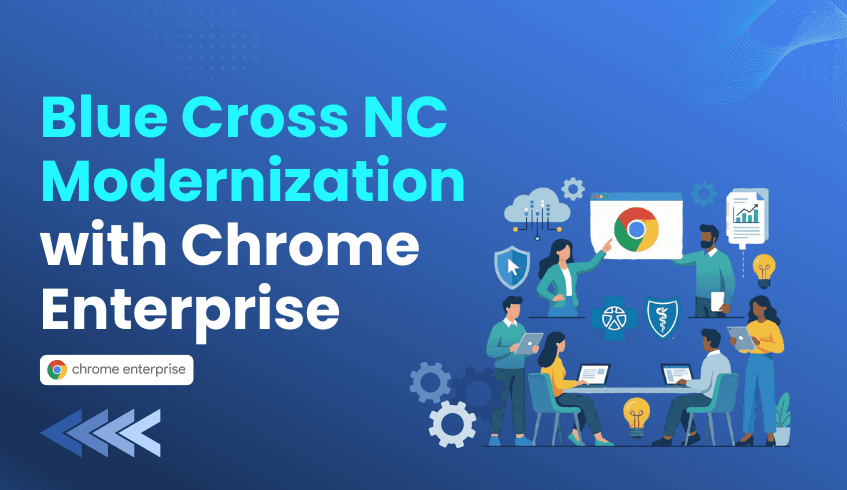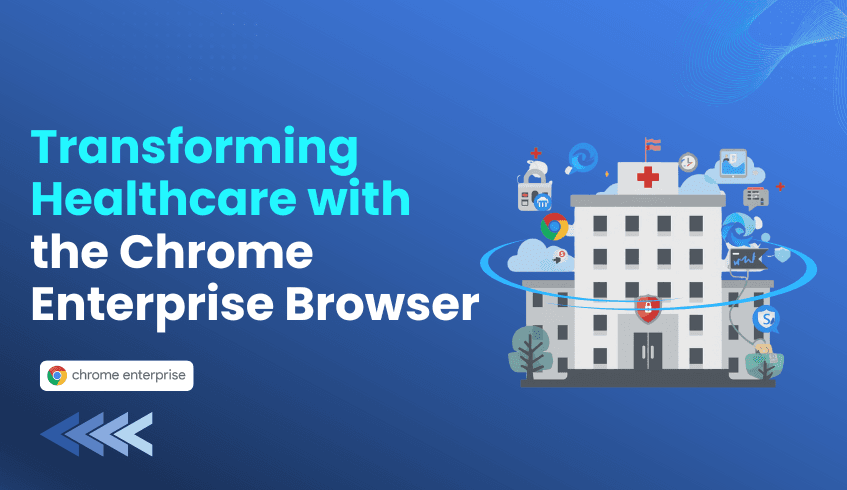
Enterprise Auditing Made Easy: Tracking IT Asset Usage with the ChromeOS Readiness Tool
In today’s fast-evolving IT landscape, enterprise IT auditing is essential for maintaining security, compliance, and operational efficiency. A clear view of your technology assets supports informed decision-making particularly during OS migrations and digital transformation initiatives. The ChromeOS Readiness Tool enables this by offering detailed insights into application usage, device readiness, browser activity, and more, streamlining the auditing process.
Key Benefits of Using the ChromeOS Readiness Tool for IT Auditing
The ChromeOS Readiness Tool is a compatibility assessment platform that provides a holistic view of your organization's IT environment. Its features enable IT teams to:
Streamline auditing processes through automated data collection
Gain visibility into device and software usage
Improve security and compliance posture
Optimize costs by identifying redundancies
Enable data-driven migration planning
1. Application Usage Analysis
Understanding how applications are used is a core part of IT auditing. The Readiness Tool delivers:
Foreground vs. Background App Insights: Identify which applications are actively used versus those running in the background.
Application Readiness Categorization: Apps are labeled as ChromeOS-ready, Possibly Ready, Blocked, or Unknown based on compatibility.
Rationalization Opportunities: Possibly ready or incompatible apps can be considered for retirement, replacement, or virtualization through Cameyo.
2. Hardware and Peripheral Inventory
Effective IT auditing requires accurate knowledge of device health and compatibility. The tool supports this by providing:
Detailed Device Data: Includes model, peripheral integration, and compatibility status.
Device Status Classification:
Ready to Switch – Fully compatible
Ready with Verification – Requires further testing
Blocked from Switching – Incompatible due to app dependencies
Peripheral Readiness Overview: Insights into readiness status and distribution of connected peripheral devices.
3. Browser and Extension Monitoring
The tool includes a dedicated Browser Insights feature, providing:
Extension and Browser Usage: Tracks usage across major browsers (Chrome, Edge, Firefox, etc.) and identifies installed extensions.
Security Visibility: Flags risky and outdated browser extensions, improving security oversight.
4. Dashboards for Centralized Reporting
Simplified auditing is possible through the tool’s web-based dashboards:
Pro and Partner Web Dashboards: Tailored for companies and partners or service provides with customers/clients of their own
Real-Time Data: Readiness scores, app usage, device assessments, browser insights, and virtualization suggestions are all displayed in one place.
Clear Visualizations: Helps non-technical stakeholders understand key readiness indicators.
5. Report Generation & BI Integration
Audit teams can export data and integrate findings with broader business tools:
Excel and Pdf Based Reporting: Downloadable raw data files for app usage, device status, and peripherals.
BI Compatibility: Easily imported into platforms like Looker, Tableau, or PowerBI for advanced analysis and visualization.
6. Built-in Security and Data Protection
Security and compliance are foundational to the Readiness Tool:
Data Control: All data remains within your organization’s environment in the network shared folder.
Encryption Standards: Ensures encryption for secure data collection and transfer.
Access Restrictions: Only authorized personnel can access the web dashboards.
GDPR Alignment: A dedicated compliance and data security report demonstrates adherence to privacy laws.
7. Cost Optimization Insights
The Readiness Tool helps organizations identify areas to reduce IT costs:
Unused Software Application Identification: Filter low-usage or non-essential apps.
License Rationalization: Reduce spending on underutilized tools.
Faster Migrations: Early issue identification prevents delays and minimizes downtime.
8. Strategic Planning for Modernization
Beyond auditing, the tool sets the stage for long-term transformation:
Migration Roadmap Creation: Based on collected data, organizations can create a customized migration plan.
Future-Proofing IT: Enables transition to scalable, cloud-first infrastructure with ChromeOS or ChromeOS Flex.
Modern IT Enablement: Supports rapid deployment, simplified management, and enhanced security for enterprise environments.
The ChromeOS Readiness Tool empowers organisational leaders with the data they need to audit, optimize, and evolve their infrastructure. By providing rich insights into application behavior, hardware readiness, and browser usage all within a secure, automated framework it transforms IT auditing into a strategic advantage.
Whether preparing for a migration or looking to rationalize IT assets, the tool ensures that organizations can move forward with confidence, clarity, and control.




